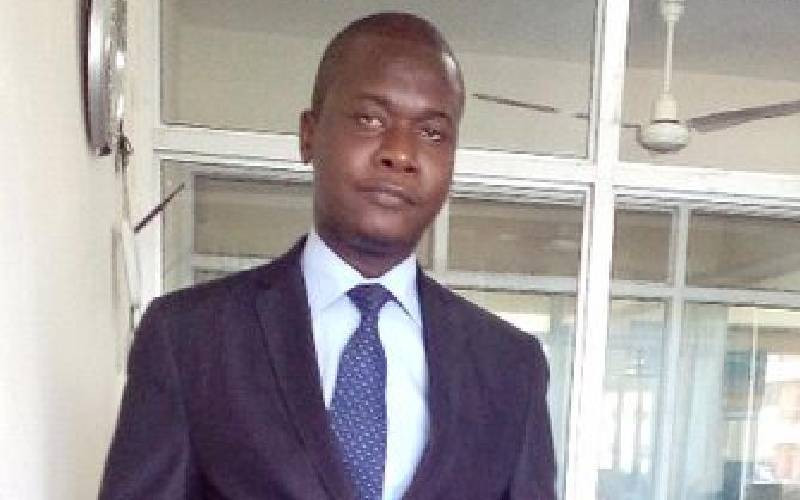×
The Standard e-Paper
Kenya’s Boldest Voice

Ronald Reagan, the 40th US President said: “It has been said that politics is the second oldest profession. I have learned that it bears a striking resemblance to the first.”